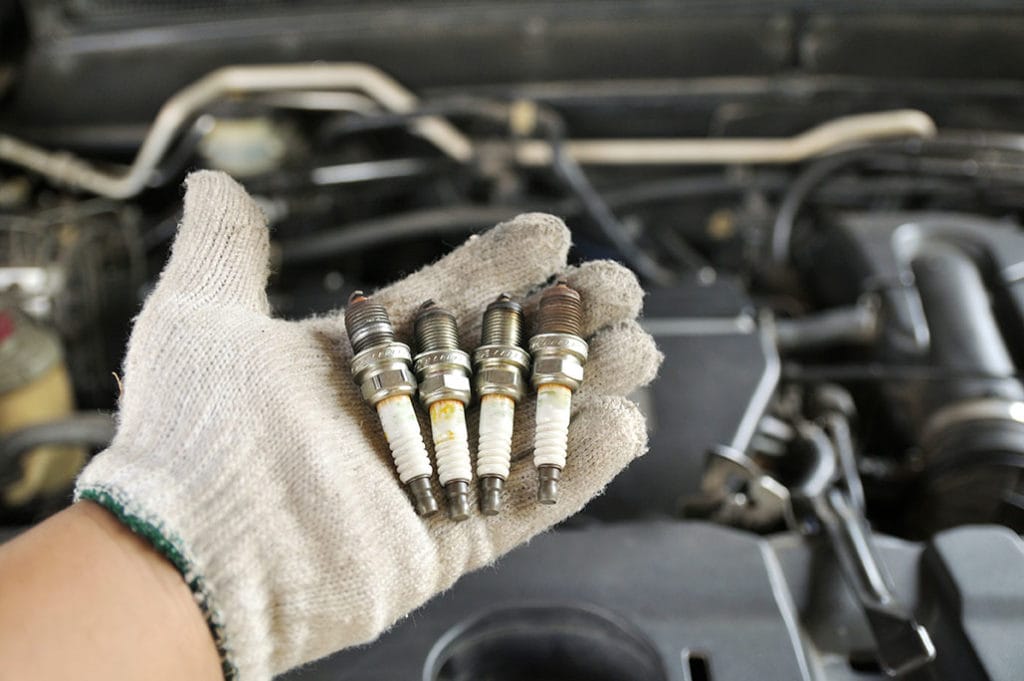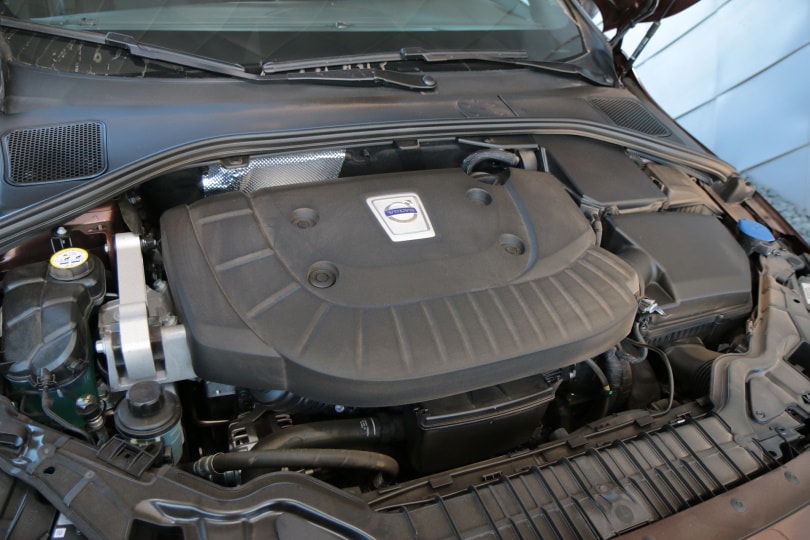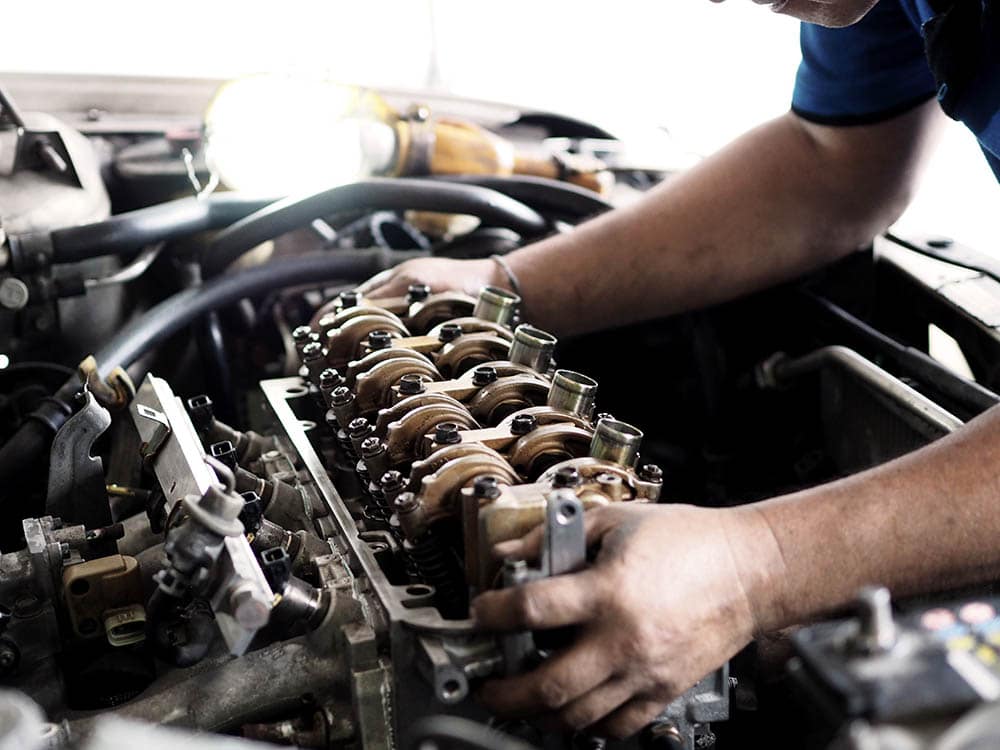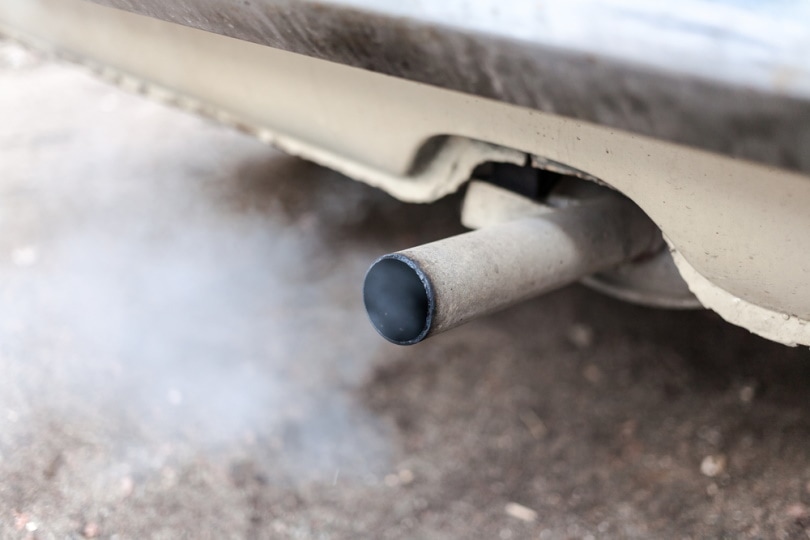Do Diesel Engines Have Spark Plugs? Reasons, Alternatives & FAQ
-

- Last updated:

Spark plugs are essential components of the engine. As the name suggests, they essentially ignite fuel and air mixed in a cylinder head whose resulting explosion causes motion in the car. This is perhaps why new car owners often wonder whether their engines have spark plugs. Despite popular belief, modern and older models of diesel engines do not and have never had spark plugs.
Clearly, there are many vital components in a car engine, but you must focus on the specific components of the engine to understand why your car runs the way it does. In this article, we will explore the reasons why spark plugs are an unnecessary component in diesel engines, how glow plugs work, and why they are better in a diesel engine. So, read on to learn more.
Why Diesel Engines Don’t Need Spark Plugs
In gas-powered engines, spark plugs are vital components because they ignite the engine and get the vehicle moving. They usually deliver an arc of electrical charge to ignite fuel and air mixed in the cylinder head. The explosion prompts the piston to move the crankshaft, thus transferring motion to the transmission and then the drive shaft.
The same concept applies to diesel-powered engines, but with one significant difference: Diesel engines will not need a spark plug to get things fired up. Wonder why? This is all due to air compression in the diesel engine. If you compress enough air in an engine cylinder, the environment, and the temperature will be at a required level for it to ignite without the assistance of a spark.

As air is compressed in the engine, diesel is squirted into the ignition chamber, thus prompting instant combustion. Compression is usually why diesel engines are much more fuel efficient when compared to gas engines. If you compare the compression ratios between these two types of engines, the gasoline ratio lies somewhere between 8:1 and 10:1.
Meanwhile, the diesel engine can reach a ratio of 16:1 to 20:1. This simply means that vehicles with a higher compression ratio will translate to more air and fuel being ignited during combustion, resulting in better performance.
How Glow Plugs Work
Just like each engine cylinder has spark plugs in petrol-powered engines, each cylinder in a diesel-powered engine also has glow plugs. Yet, they are very different in functionality. While the spark plugs create combustion by igniting air and fuel, glow plugs warm up the combustion chamber. This functionality is especially vital in a cold weather environment that may inhibit ignition in gas-powered engines. Granted, the diesel engine might not need spark plugs to start but will need several minutes to warm up.
But, just how exactly does this work?
If you haven’t seen a glow plug, it is simply an engine component that is made up of heating coils wrapped in a small metal tube. It also consists of a ceramic power filling, which functions as an electric insulator. When connected to the car battery, the coil can reach temperatures of up to 1,832°F in just a few seconds.
So, at extremely high temperatures, the plug tends to produce visible light, hence the name “glow plug”. The fast-heating process ensures that your car runs smoothly, right from startup. This is usually why the glow plug remains active throughout a ride to prevent the engine from dying before achieving regular operating temperatures.

Why Glow Plugs Are Better in a Diesel Engine
If you ask most car owners, diesel-powered engines are far superior to gas-powered ones because they provide more torque. This conclusion is reached from the engine combustion and the varying use of plugs in the car engine. Diesel fuel offers more work power than horsepower. Besides, you need a lot of torque to move heavy weights. The glow plugs in diesel-powered engines help achieve this torque. Here is why:
1. Glow Plugs Are Less Volatile
As earlier mentioned, diesel engines have higher compression ratios compared to gas engines. This is because the infusion of fuel and air occurs differently. When gas-powered engines produce the same compression ratio, they are more likely to auto-ignite. However, diesel fuel is less volatile and, as such, it has a lower auto-ignition temperature.
Diesel’s high compression ratio allows fuel to burn when droplets are sprayed on the heated air, and due to its low volatility, it will not need higher temperatures to ignite the car automatically.

2. Auto-Ignition Temperature
This simply refers to the specific temperature required for fuel to start burning in the cylinder. Compared to gasoline, diesel has a low auto-ignition temperature allowing the engine to rev up even when temperatures are low. Therefore, compressed air in the cylinder is hot enough to ignite atomized diesel. Moreover, it contributes to the fact that gasoline engines are often prone to high fuel mixture explosions and engine knocks because gasoline will pre-ignite easily.
Since diesel fuel has a low auto-ignition temperature, it burns easier, thus eliminating the need for a spark plug. Most diesel engines might not have a spark plug but some special diesel-powered vehicles do actually utilize one. Some diesel tractors are designed to use different types of fuel. They tend to have versatile and heavy-duty engines that can handle gasoline, diesel, or liquified propane gas. These tractors such as the Super M-D and Farmall F-20 feature a lever that allows the operator to switch between gasoline and diesel when running.
How Often Should You Change the Glow Plugs in a Diesel Engine?
Diesel engines can give you thousands of miles, but unfortunately, they fail much earlier too. You don’t necessarily have to wait until that final critical hour to replace them. Well, there is no specific timeline for changing old glow plugs because this is determined by their brand, price, and style.
According to some vehicle manufacturers, it is best to replace glow plugs after surpassing the 60,000-mile mark. Some experts also recommend that diesel car owners should replace glow plugs as often as possible, especially if they live in a cold climate. Either way, you should replace glow plugs as soon as they start to fail.
If you can afford it, consider using high-quality and reliable glow plugs for your car, because when they begin to fail, a whole range of engine problems could develop. Fortunately, some indicators notify the driver of glow plug failure.
- Low fuel efficiency
- The car misfires
- Smoke emanating from the engine
- The vehicle doesn’t start especially in cold weather
- A knocking sound coming from the engine
- The car doesn’t accelerate or power enough to achieve motion
- Warning lights activate to indicate problems with the glow plugs

In general, when your car experiences a loss of performance, power, and efficiency, this is probably due to a glow plug malfunction. If ignored, you could end up getting started in the middle of nowhere. Fortunately, it is quite cost-effective to repair and simple to replace glow plugs. They are readily available in auto repair shops. The longer you delay replacing the glow plugs, the more damage you are likely to handle.
In Conclusion
Whether diesel or gasoline-powered, car engines need to achieve ignition to be able to move. While gas-powered engines may need spark plugs for fuel combustion, diesel engines have zero spark plugs. They don’t require spark plugs in their combustion system because they rely on pressure. Instead, they use glow plugs.
Glow plugs essentially act as mini heaters that help maintain optimum temperatures in the engine cylinders for combustion. They are better suited for diesel engines compared to spark plugs because they are less volatile and have a lower auto-ignition temperature.
However, like most auto parts, glow plugs need frequent replacing, especially if you live in a predominantly cold environment. Also, if you notice a significant drop in your car’s performance, efficiency, and power, it is probably time you replaced your glow plugs.
Featured Image Credit: mister_Art, Shutterstock
Contents

